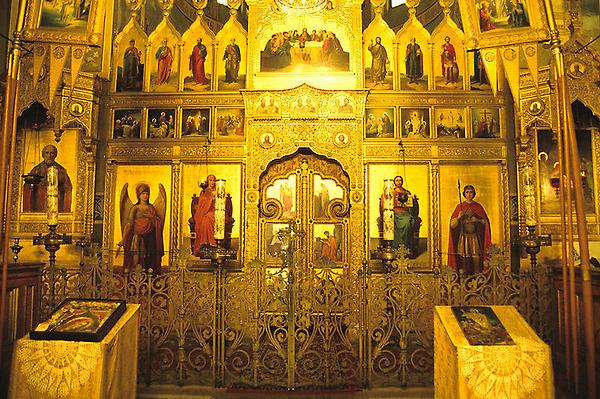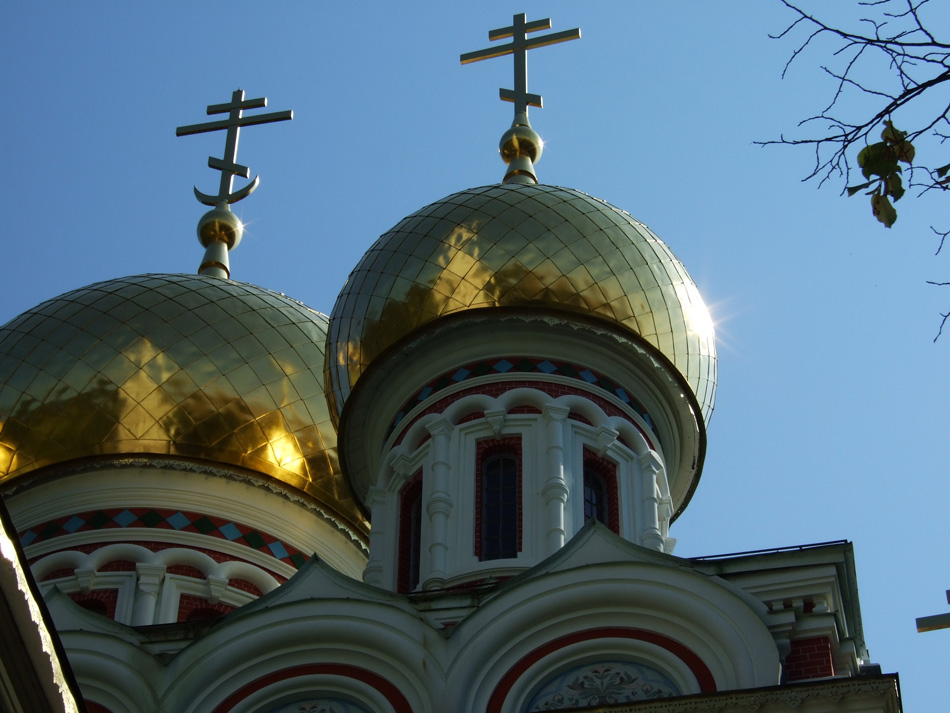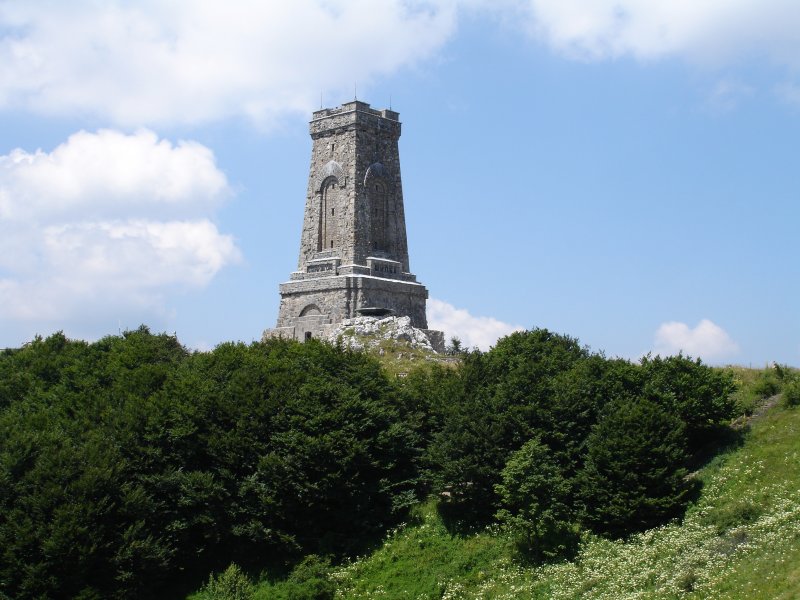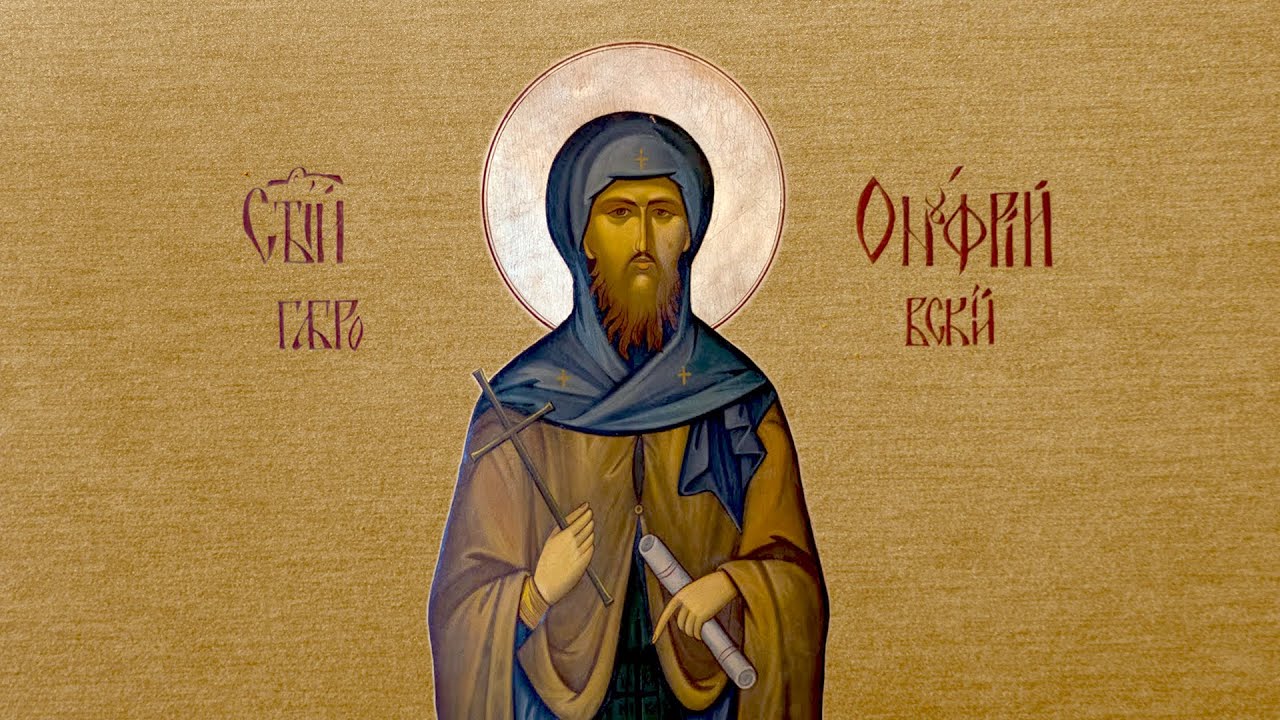
The New Martyr saint Onufrij ( Onuphrius ) (1786 – 1818) was born in Gabrovo, Veliko Tarnovo Diocese, to pious and noble parents.
(His father Decho later became a monk under the name of Daniel in the same Hilendar monastery on Mount Athos, where his son was then active).
The child Onuphrius was given the name Matthew in Holy Baptism.
When he grew up, he was sent to a one of scarce Bulgarian schools, where he studied well.
When he was 17 years old, his parents once punished him for some childish thing unrest, and out of frivolous childishness, he declared in the presence of Turks that he would accept the Muslim faith.
In such cases, the Turks immediately seized the person who gave the promise to convert to islam and performed the rite of Mohammedan circumcision on him.
To prevent this, his parents hid him and perhaps sent him to the "fotress" of Christian Orthodox FaIth and keeper of Bulgarian spirit, the Troyan Monastery "Holy Mother of God".
In Troyan Monastery, to this day there is a the mouth to mouth legend that the Venerable Martyr Onuphrius began his monastic feat and received his first monastic haircut here with the name Manasseah (Manasij).
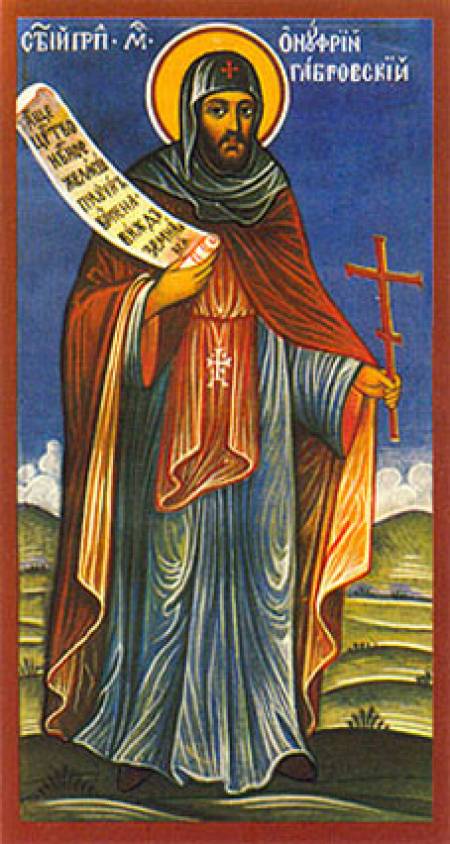
He ascended diligently in spiritual life, but the voice of his conscience began to rebuke him more and more for his public denial of Christianity, even if only in words.
Probably because of this he went to Holy Mount Athos, hoping that there, under the guidance of more experienced elders, he would repent enough and calm his conscience.
Manasseah spent some time in the Hilendar Monastery (a monastery that at this time has been inhibited with many Bulgarian monks), where he was ordained a deacon.
But, as the holy fathers of the Church say, the more a Christian grows in virtue, the deeper he humbles himself and his small sins seem great., same happened with Hierodeacon Manasseah.
He was always impressed by the words of the Savior Christ:
"Whosoever shall confess me before men, him will I confess also before my Father which is in heaven; but whosoever denieth me before men, him will I also deny before my Father which is in heaven." (Matt. 10: 32-33).
And from the lives of the saints he was especially deeply moved by the example of the holy martyr Barlaam, who held his hand without trembling over the burning pagan altar until his hand burned completely, but did not drop incense on the altar, to protect the occusation that he has offered incense to the idols.
His heart was inflamed with jealousy when the Venerable Euthymius, Ignatius and Acacius (Agathius), performed their martyrdom.
Then Manasseah secretly left Hilendar and went to the Forerunner's Hermitage to the local clergyman (elder) Nicephorus with a request to prepare him for such a martyrdom.
For four months he worked hard on enormous spiritual and bodly feats under the guidance of this elder.
Every day Manasseh made four thousand bows; his prayer was unceasing; his remorseful mood brought tears to his eyes.
During these four months of preparation he ate two and a half kilograms of dried grapes, and in the strictest forty-day fast he ate 30 grams of bread every two or three days and drank water in moderation.
After Elder Nicephorus thus prepared him for the impending martyrdom, he cut his hair in a great scheme receiving the great-schema name of Onufrij ( Onuphrius ) and sent him to the island of Chios with the same companion, Elder Gregory, whom he sent with the other martyrs анд вхере тхеир feat would take place there.
On Island Chios Saint Onuphrius lived one Sunday in fasting and prayer, while on Friday, the day of Christ's suffering, he appeared in Turkish robes before the local turkish judge, openly blasphemed Muhammad and threw the green turban on his head.
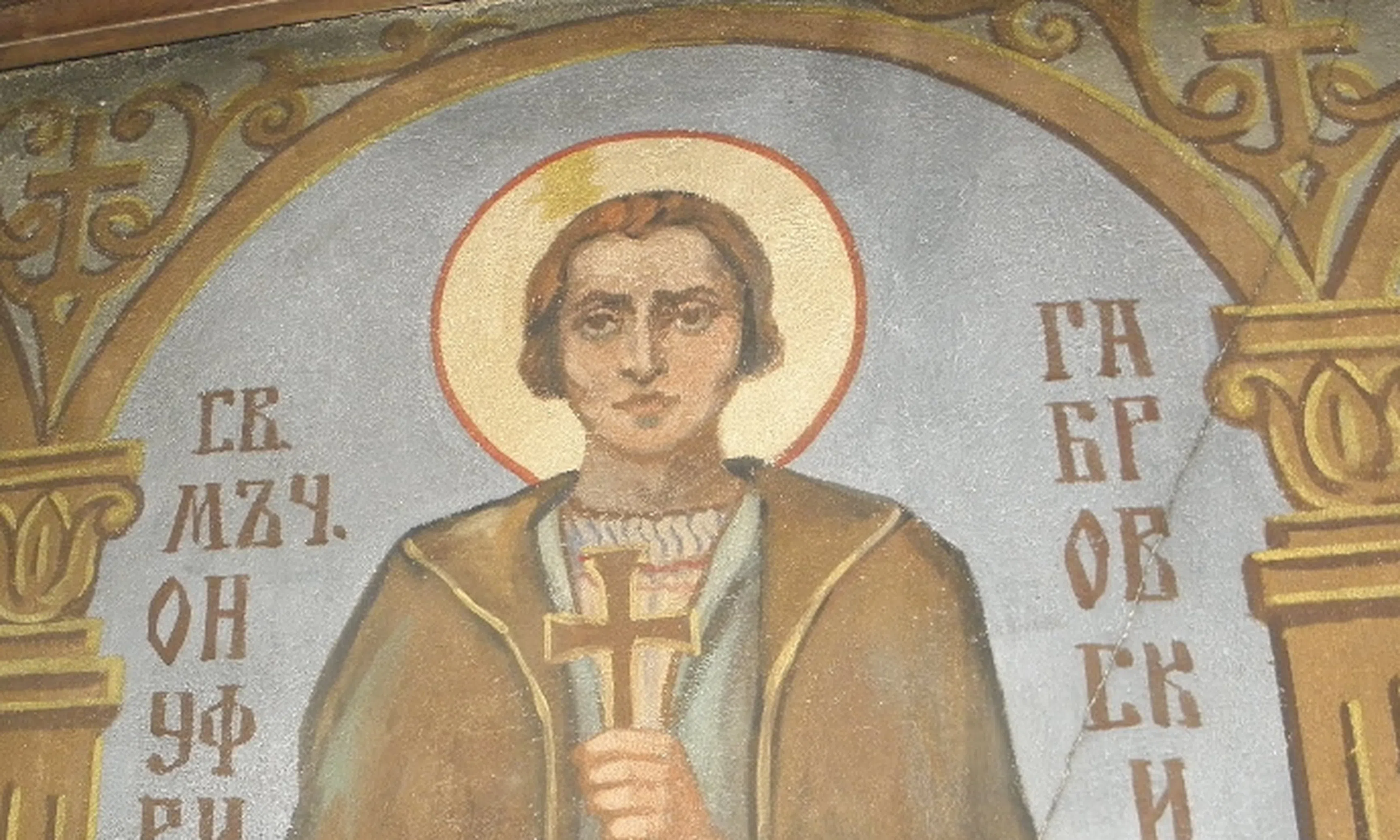
He was exhorted, thrown into prison, tortured, and sentenced to death the same day.
On January 4, 1818, his head was cut off on the seashore and along with his blood his body was thrown into the sea, so that Christians could not take for granted his holiness any particle veneration of the Venerable Martyr.
Before his death, some asked him about his name and homeland.
The Venerable Martyr replied that his name was Matthew and that he was from Veliko Tarnovo.
In this way he wanted to save the Holy Mount Athos and his monastery from troubles by the Turks.
Soon after his martyrdom, the Greeks from Mount Athos, soon canonized him and compiled a (living) biography and a service in his honor.
Text Translated from:
© Lives of the Saints. Synodal Publishing House of Bulgarian Orthodox Church, Sofia, 1991, edited by Parthenius, Bishop of Lefkada and Archimandrite Dr. Athanasius (Bonchev).
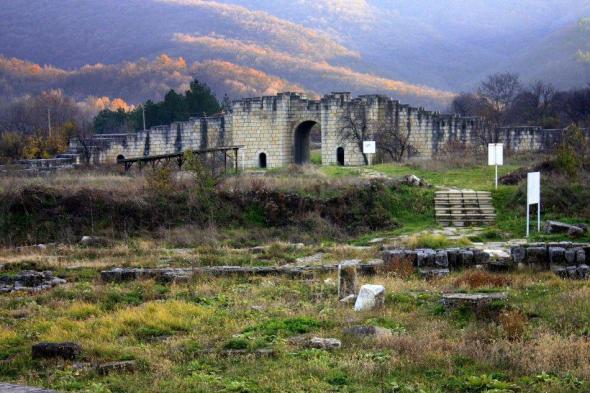
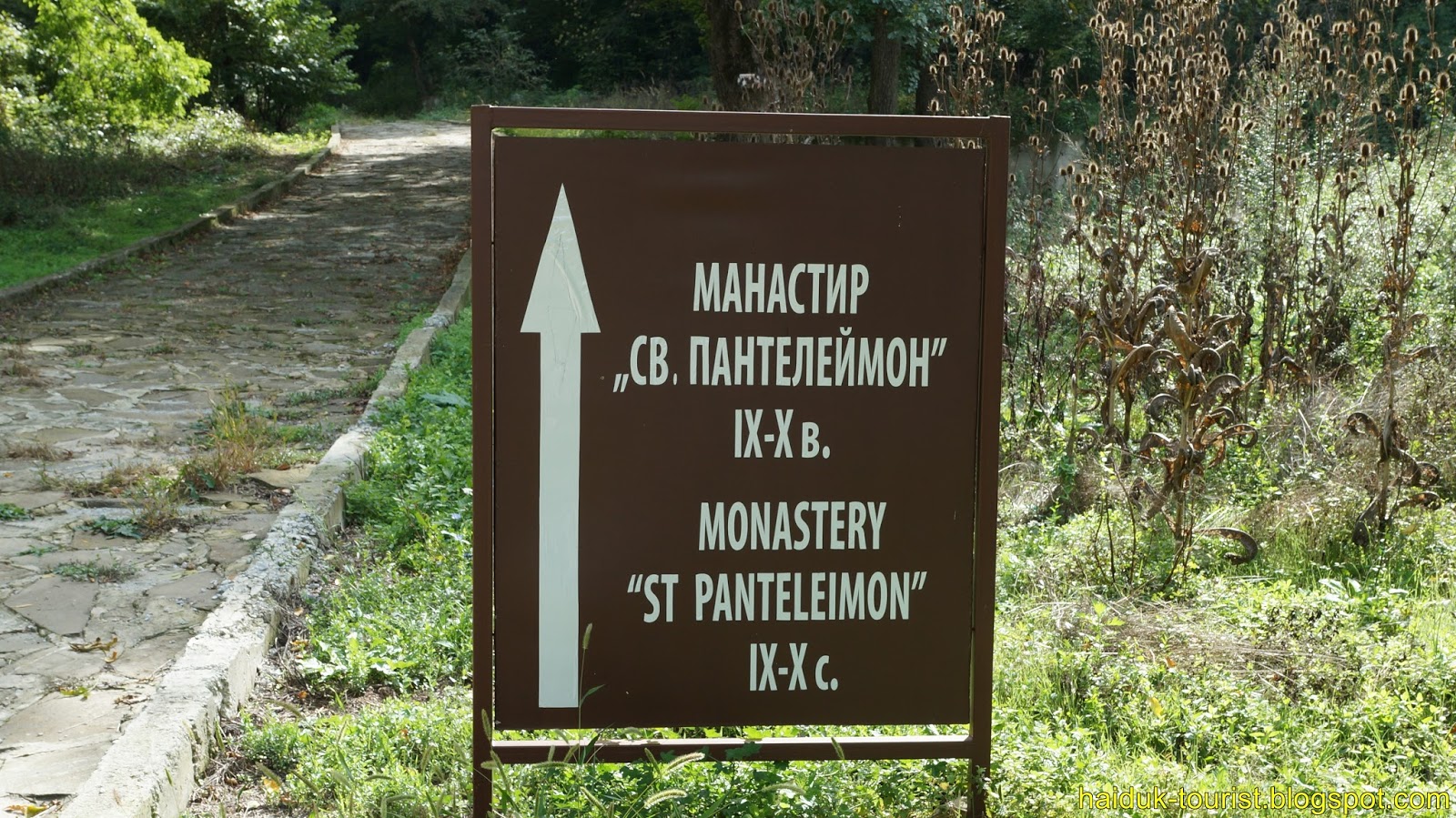

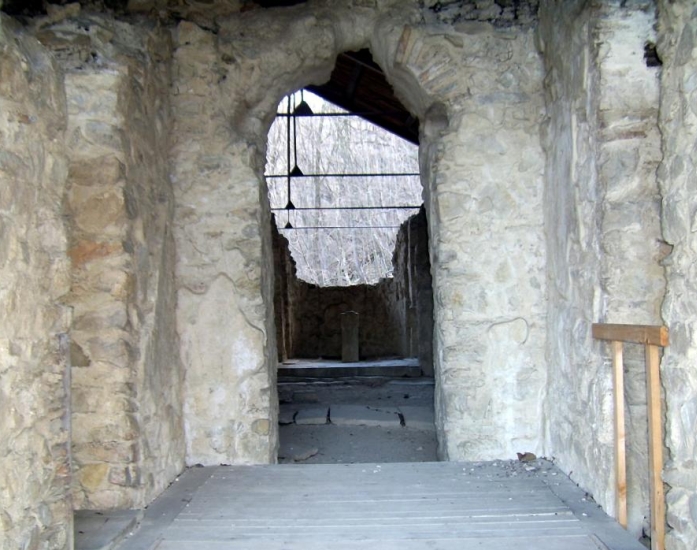
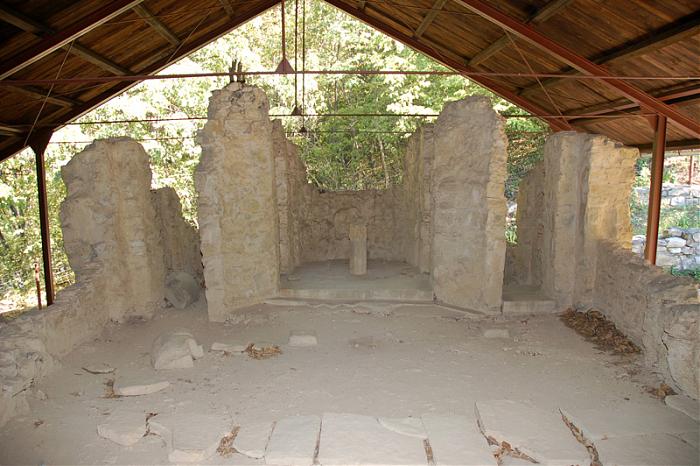
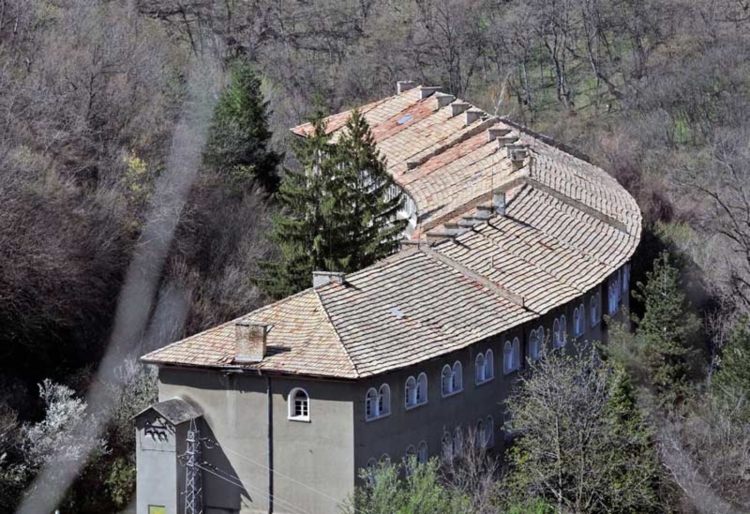
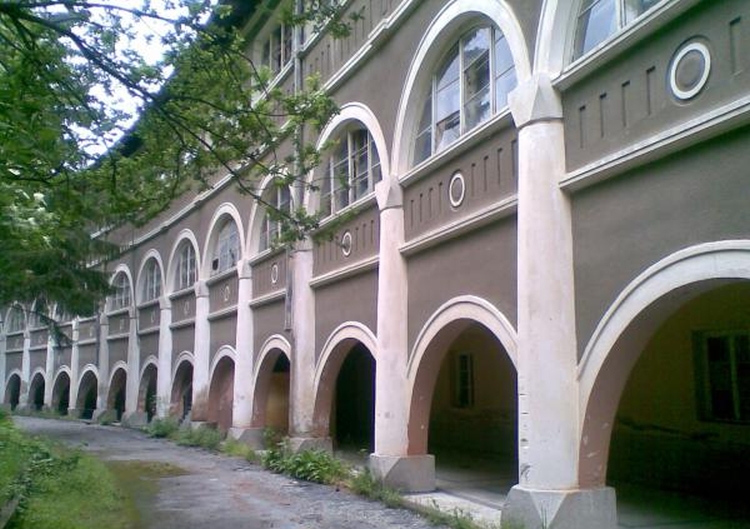
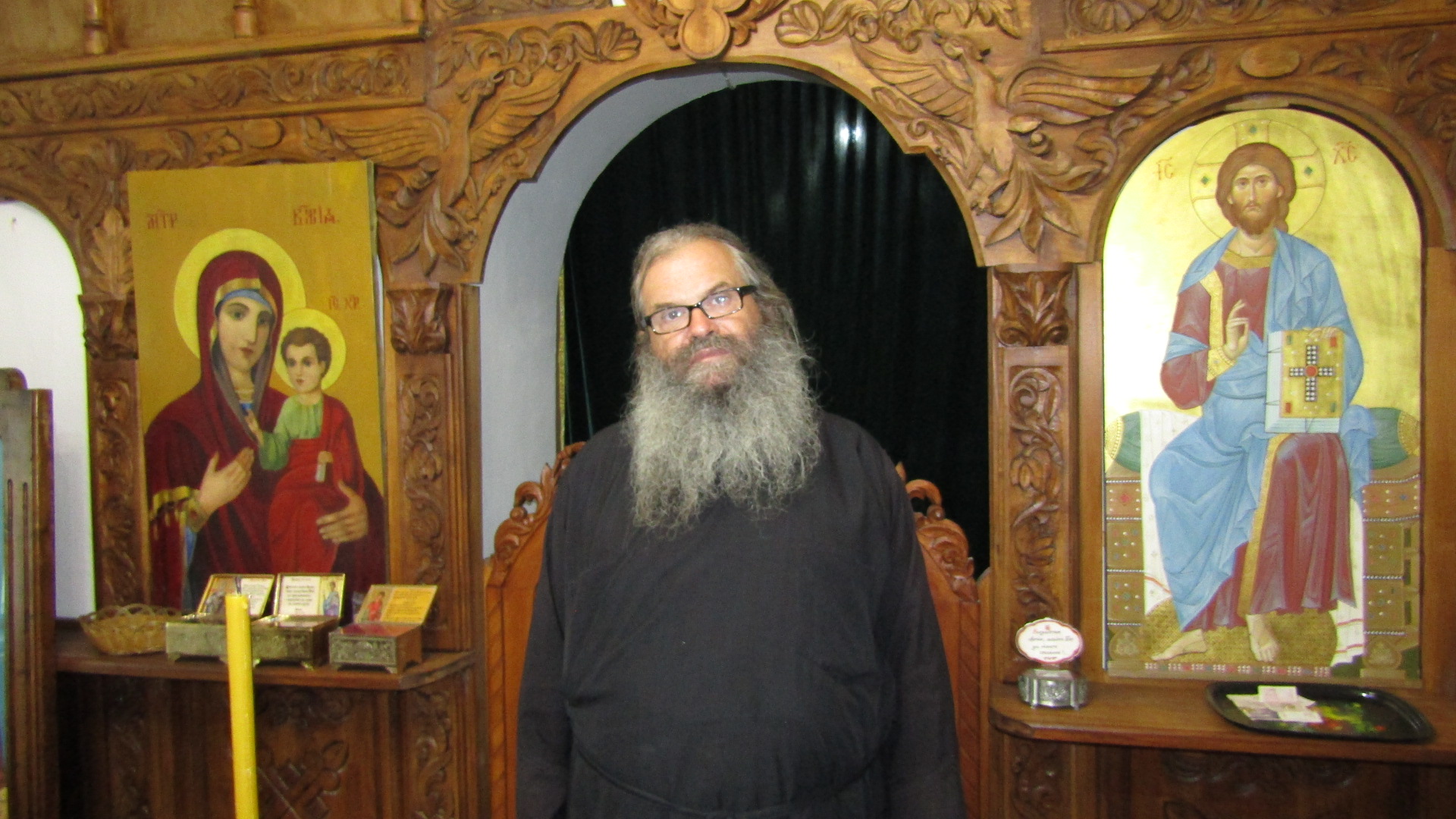
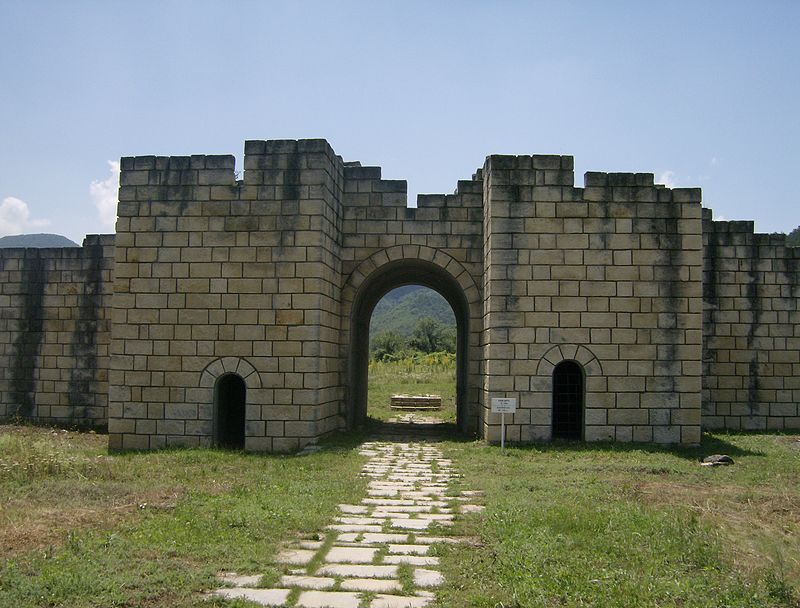
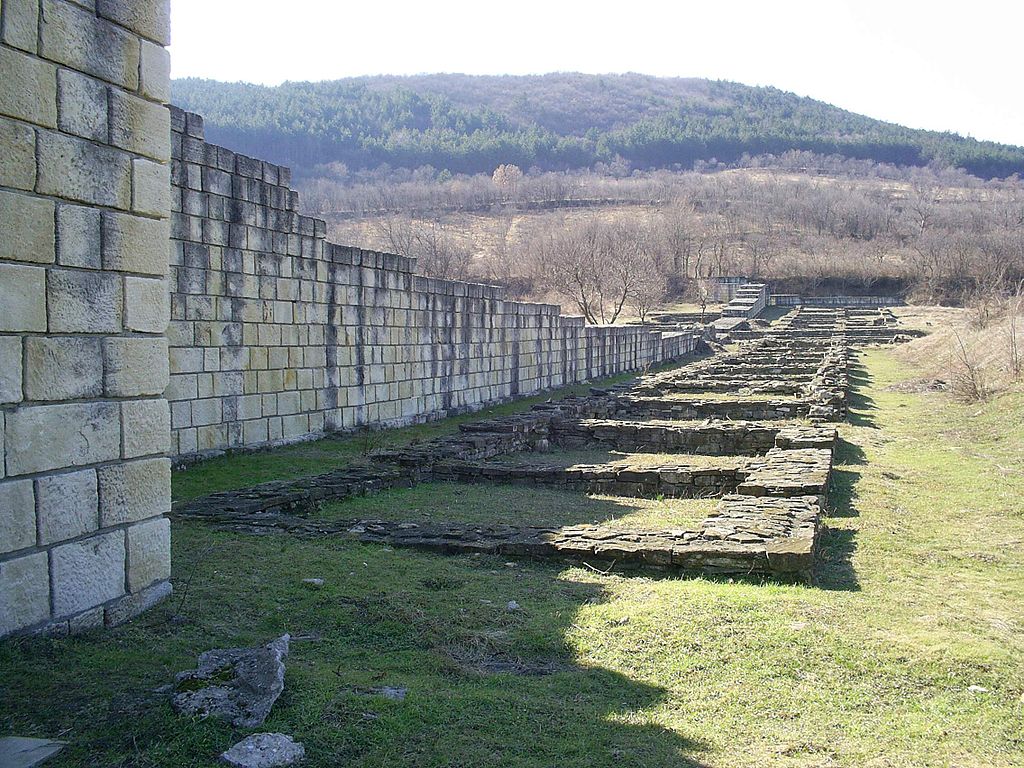
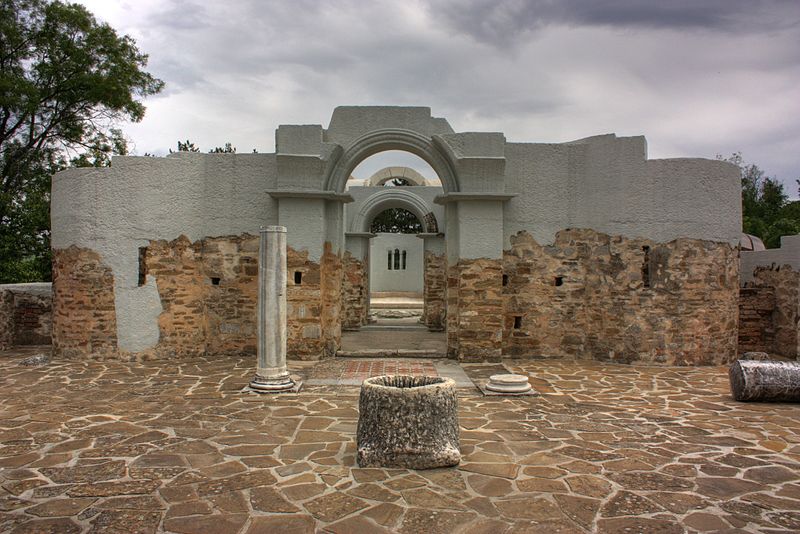
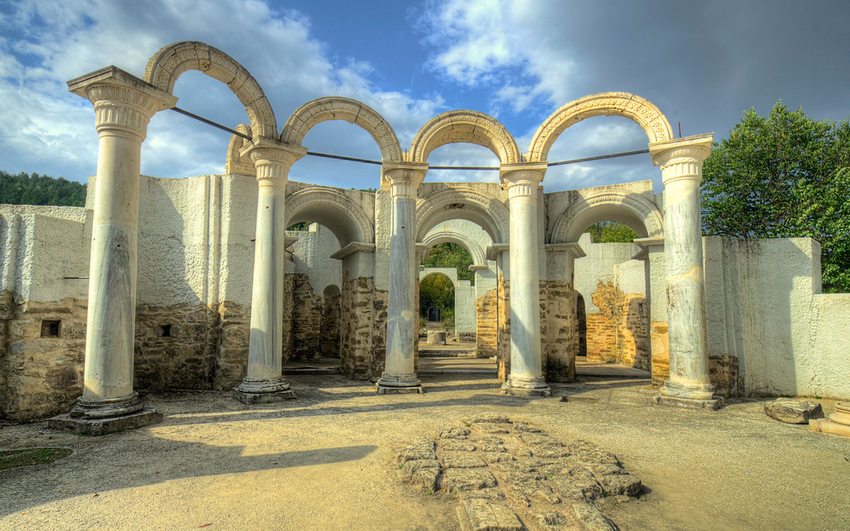
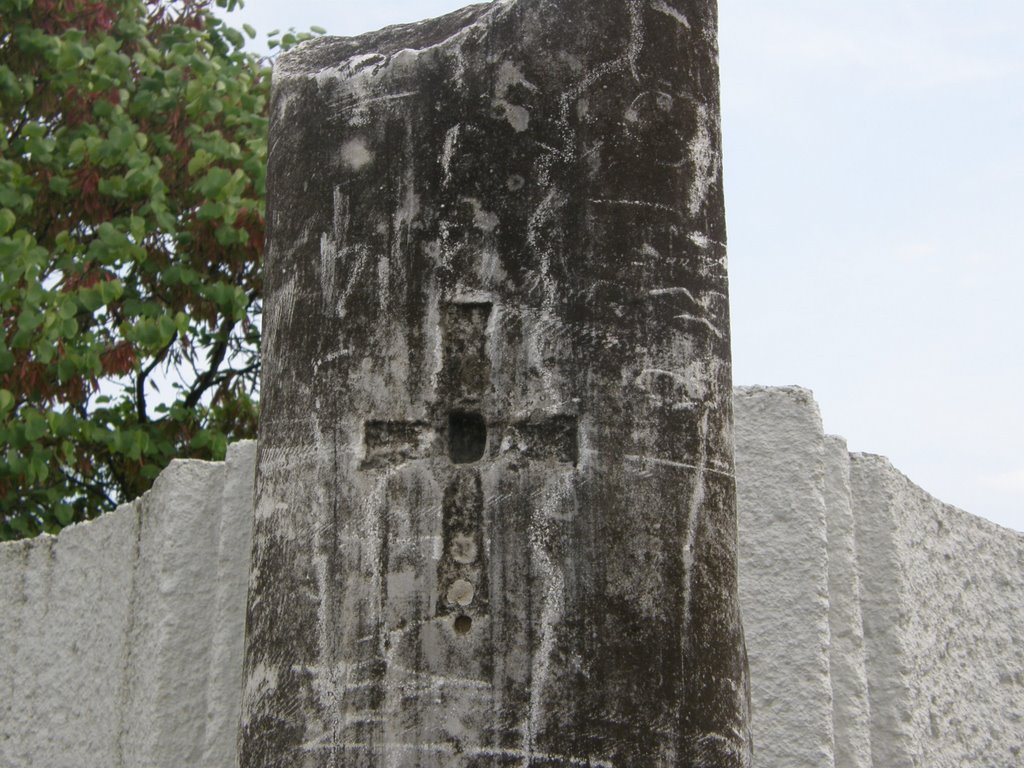
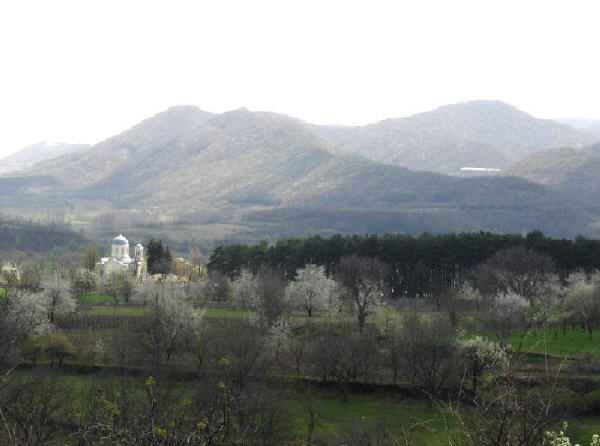
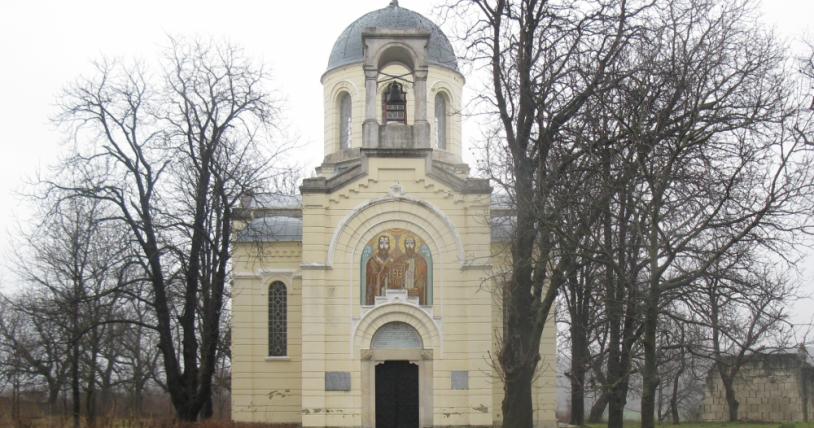
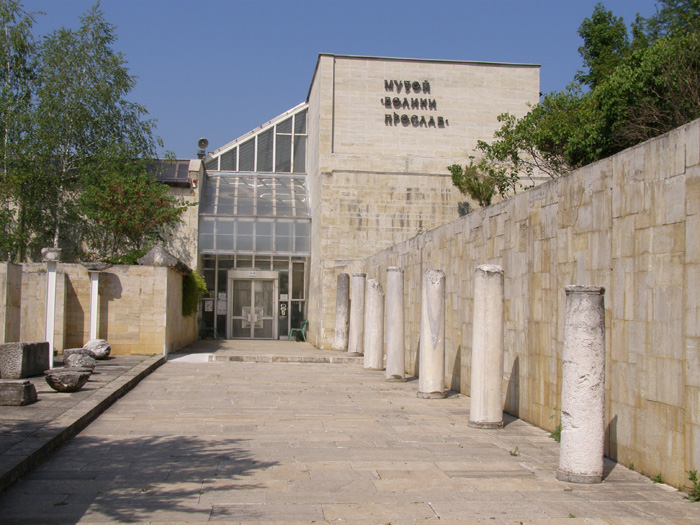
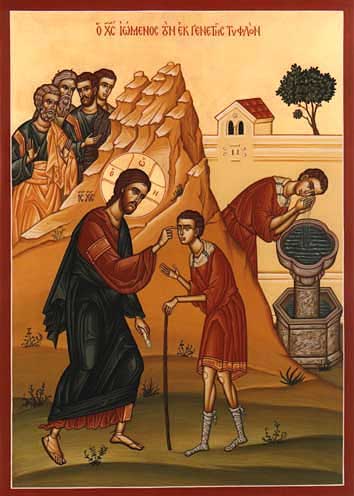
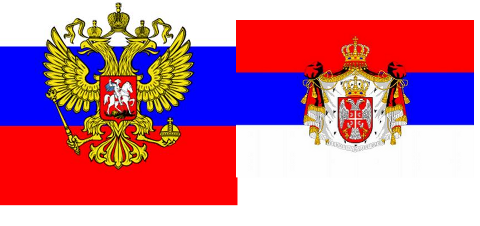
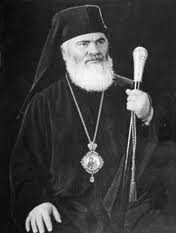
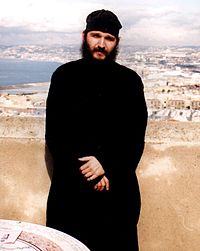
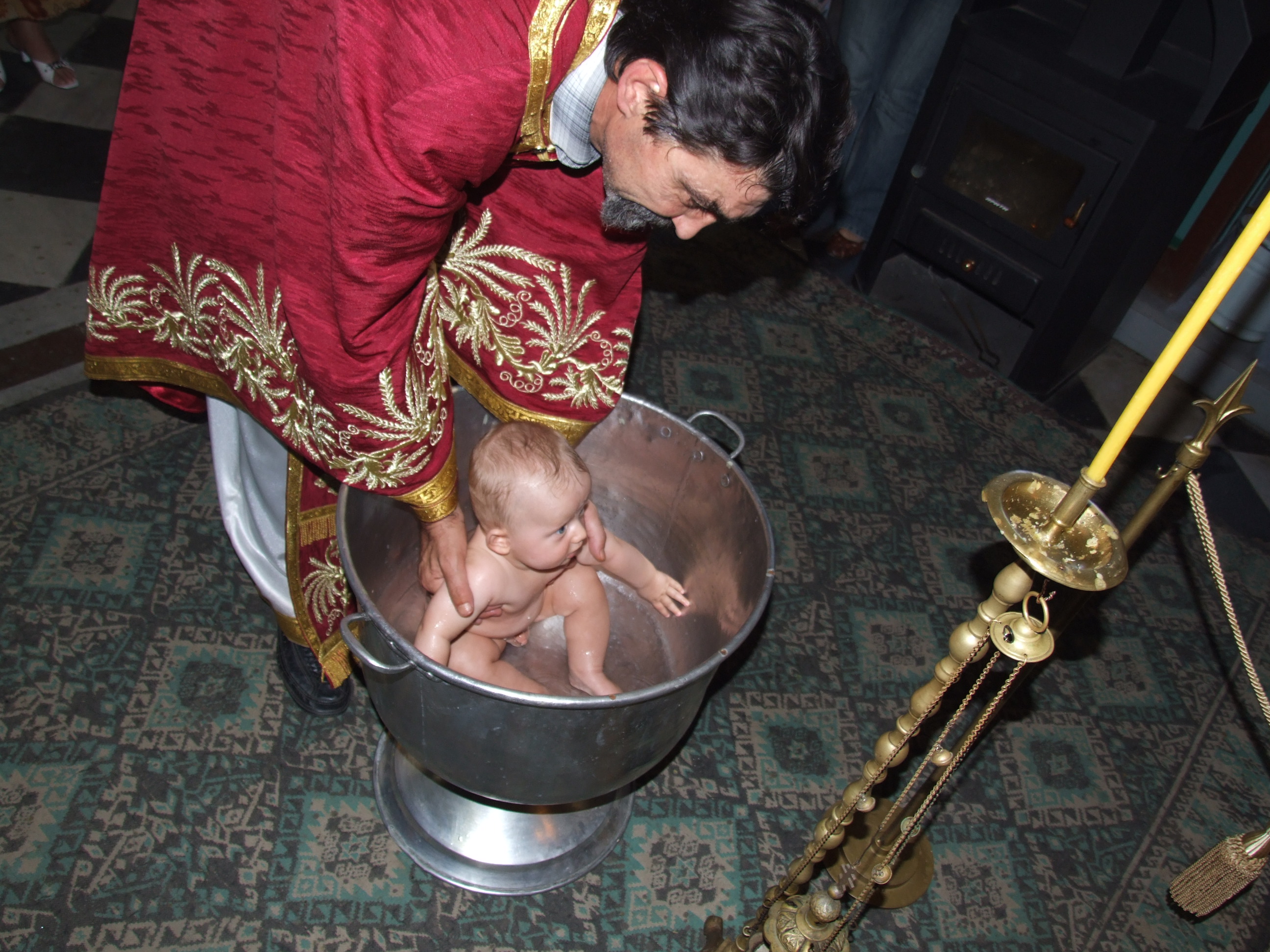
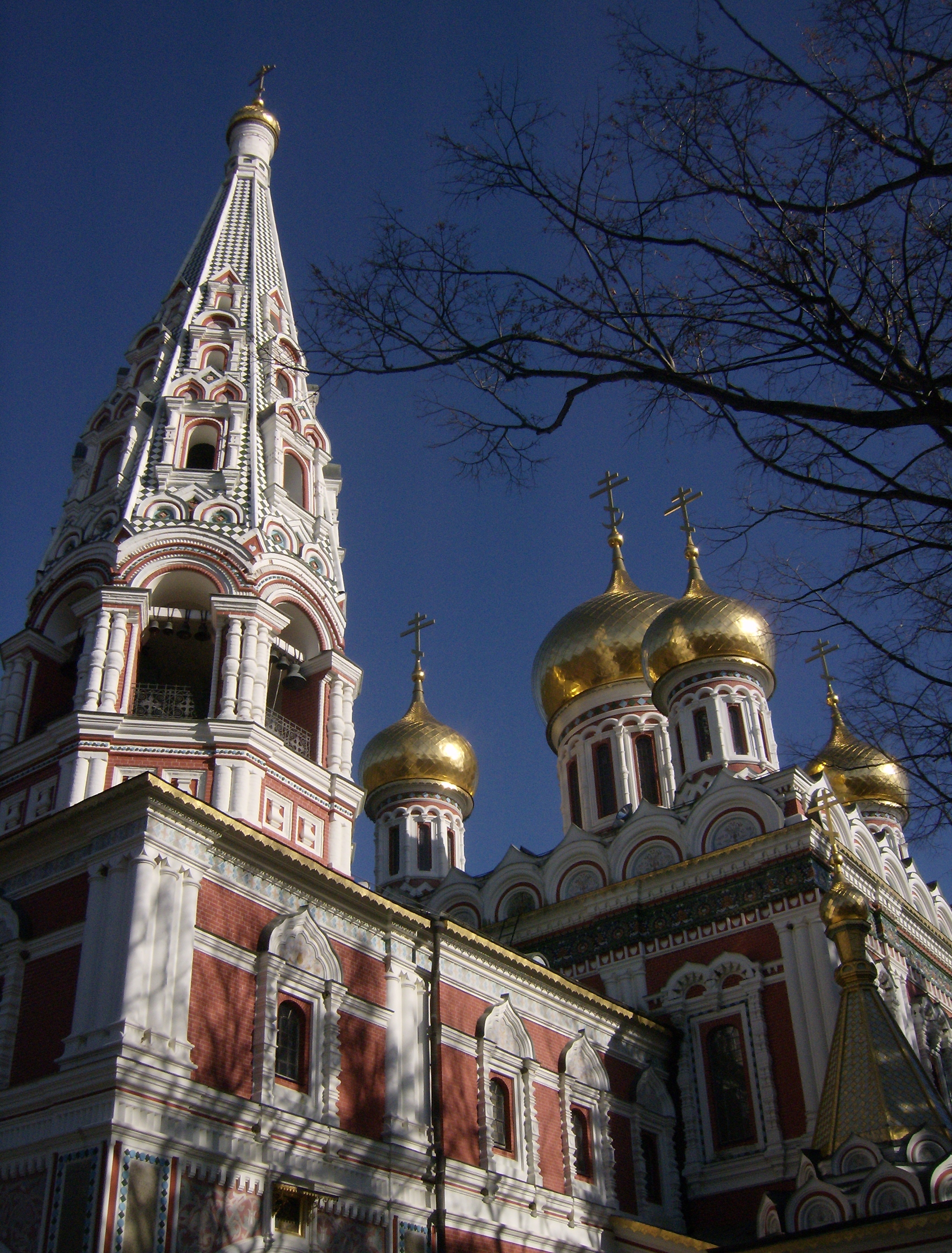
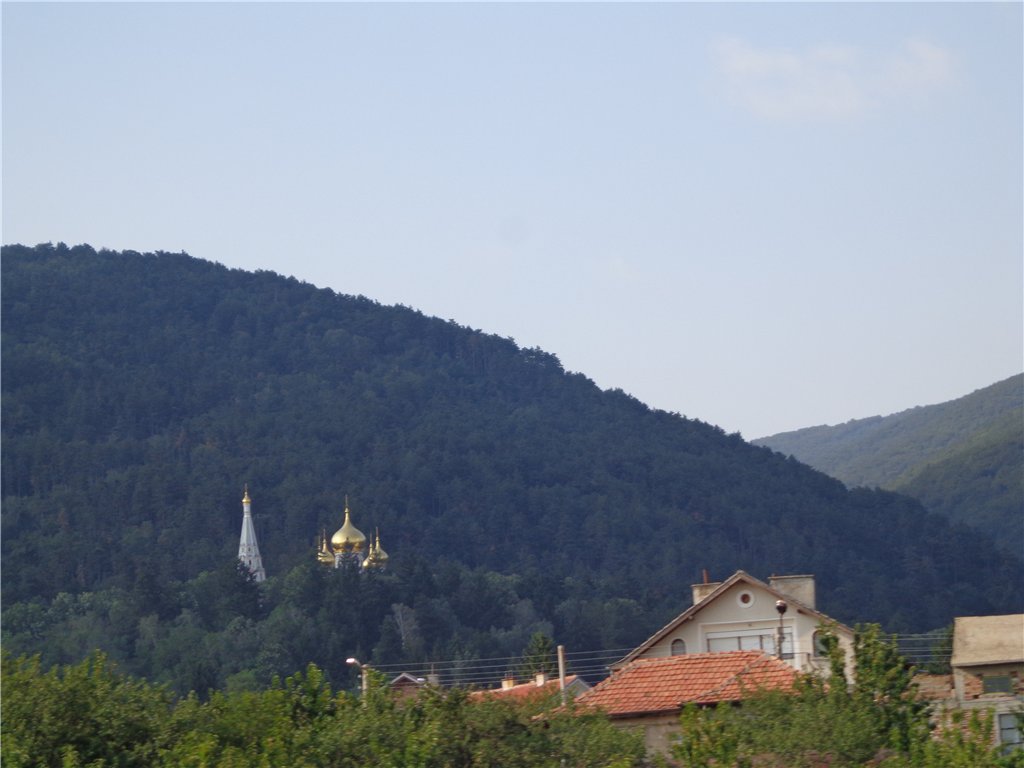
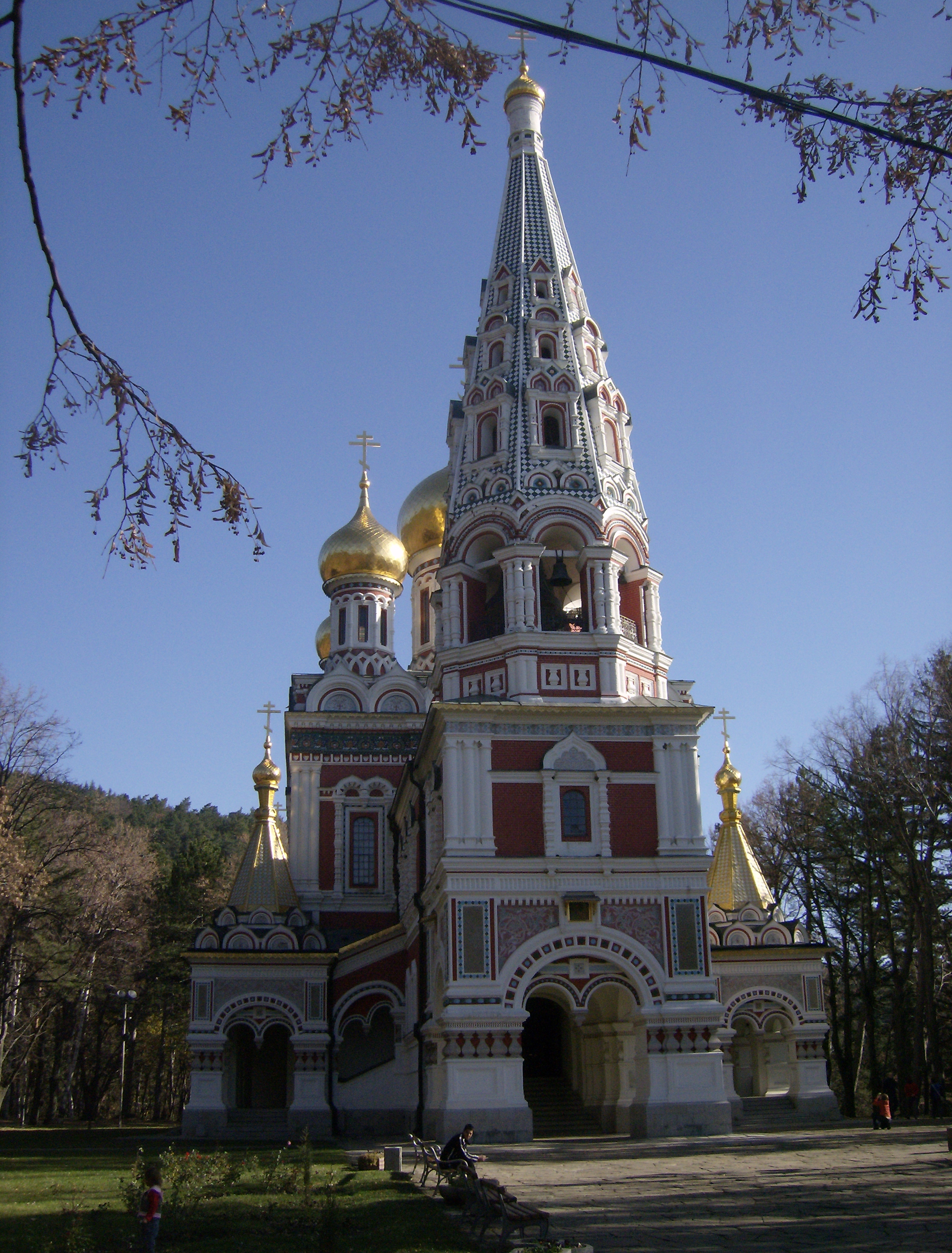
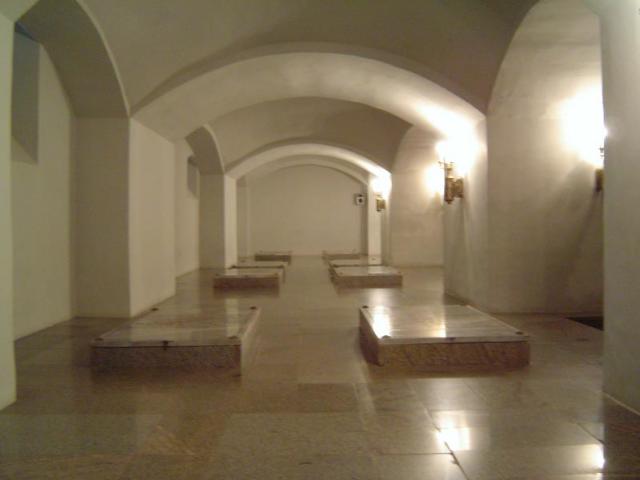 The Crypt of Soldiers who gave their life for nowdays Bulgarian freedom in Shipka Memoriam Church
The Crypt of Soldiers who gave their life for nowdays Bulgarian freedom in Shipka Memoriam Church